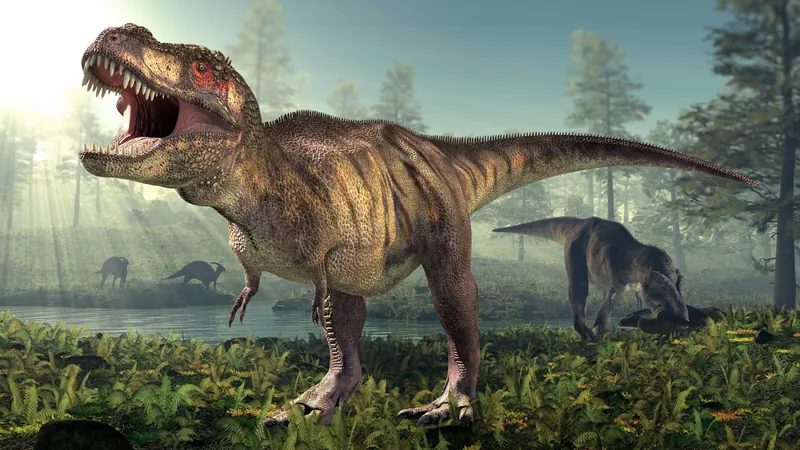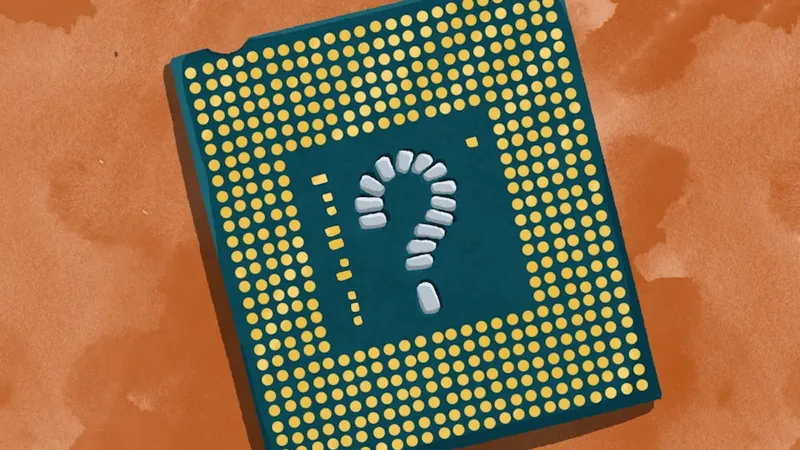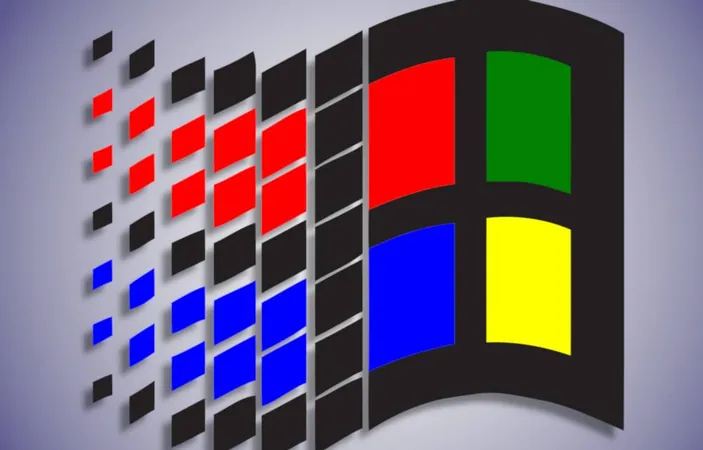
Unlocking the Secrets of the Ionosphere: How Your Smartphone Could Help!
2024-11-18
Author: Jia
Unlocking the Secrets of the Ionosphere: How Your Smartphone Could Help!
How do scientists gather extensive data about the ionosphere, the atmospheric layer that influences communication and navigation signals? Traditionally, researchers relied on sounding rockets and specialized equipment. However, Google researchers have innovatively turned to a ubiquitous tool: your smartphone.
In a groundbreaking study published in *Nature*, the researchers explored how GPS and similar navigation satellites measure the transit time of their signals. It's fascinating to note that the ionosphere can significantly affect these signals, leading to one of the primary sources of error in GPS navigation. While most GPS receivers utilize an 8-parameter model of the ionosphere to minimize these errors by roughly 50%, this method has its limitations.
Enter the smartphone revolution! By analyzing the differences in time between signals transmitted at different frequencies, the smartphone can estimate the Total Electron Content (TEC) of the ionosphere between the satellite and the receiver. This is particularly effective when using a dual-frequency receiver—which many modern smartphones now possess.
Although this concept isn't entirely novel, as there are around 9,000 fixed-position stations globally that measure these variations, they simply can't match the number of cell phones in circulation. By tapping into the power of Android smartphones, this new approach allows thousands of devices to calculate GPS propagation delays, effectively reporting TEC values from virtually everywhere on the planet.
This innovative method not only opens new avenues for ionosphere research but also highlights the potential of crowdsourcing scientific data using everyday technology. It poses an exciting future where global smartphone users can collectively contribute to improving GPS technology and, by extension, various applications depending on accurate location data—from agriculture and aviation to disaster management and navigation.
So the next time you pull out your phone, remember: you might just be helping scientists unlock the mysteries of our atmosphere!





 Brasil (PT)
Brasil (PT)
 Canada (EN)
Canada (EN)
 Chile (ES)
Chile (ES)
 España (ES)
España (ES)
 France (FR)
France (FR)
 Hong Kong (EN)
Hong Kong (EN)
 Italia (IT)
Italia (IT)
 日本 (JA)
日本 (JA)
 Magyarország (HU)
Magyarország (HU)
 Norge (NO)
Norge (NO)
 Polska (PL)
Polska (PL)
 Schweiz (DE)
Schweiz (DE)
 Singapore (EN)
Singapore (EN)
 Sverige (SV)
Sverige (SV)
 Suomi (FI)
Suomi (FI)
 Türkiye (TR)
Türkiye (TR)